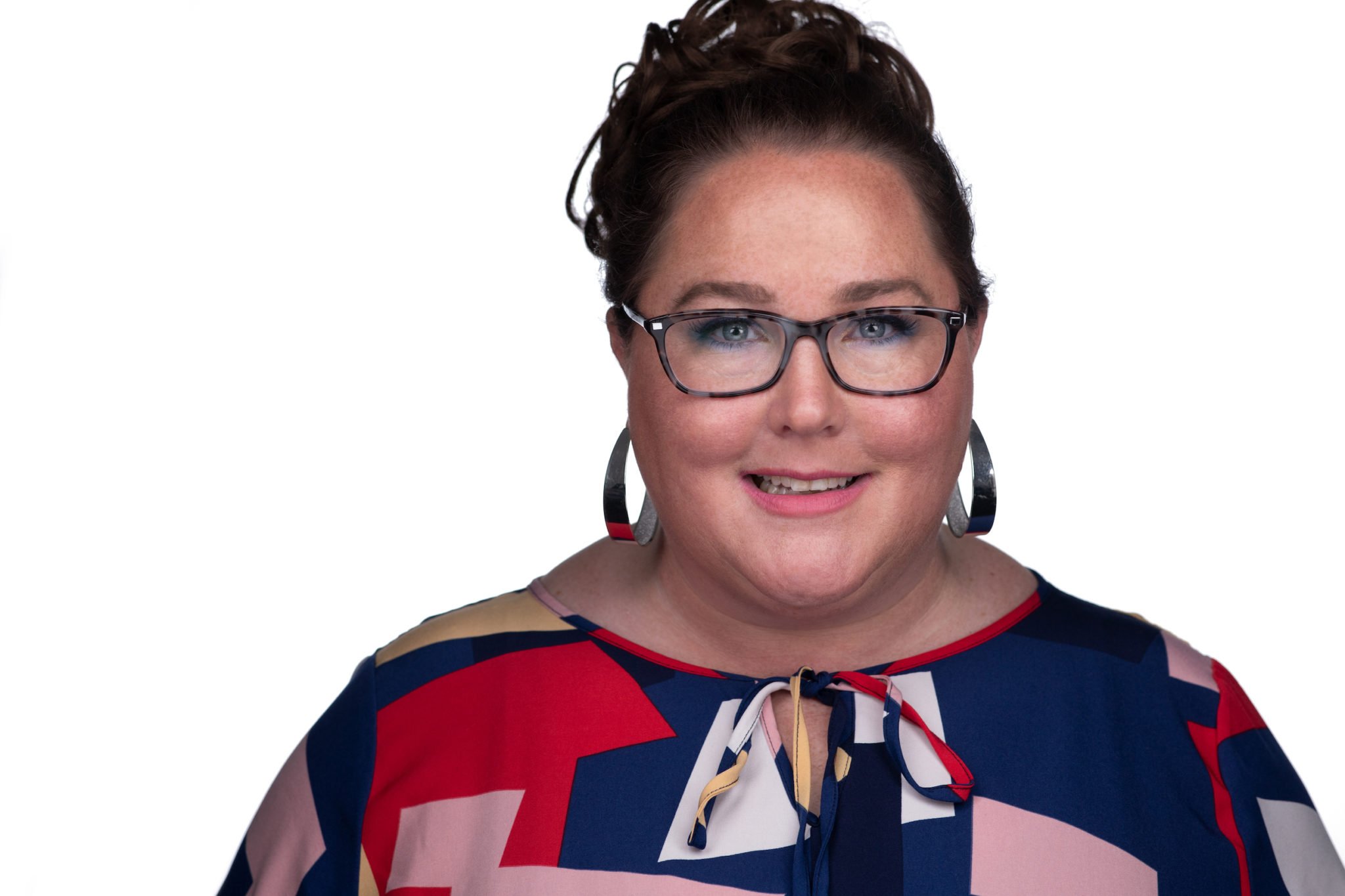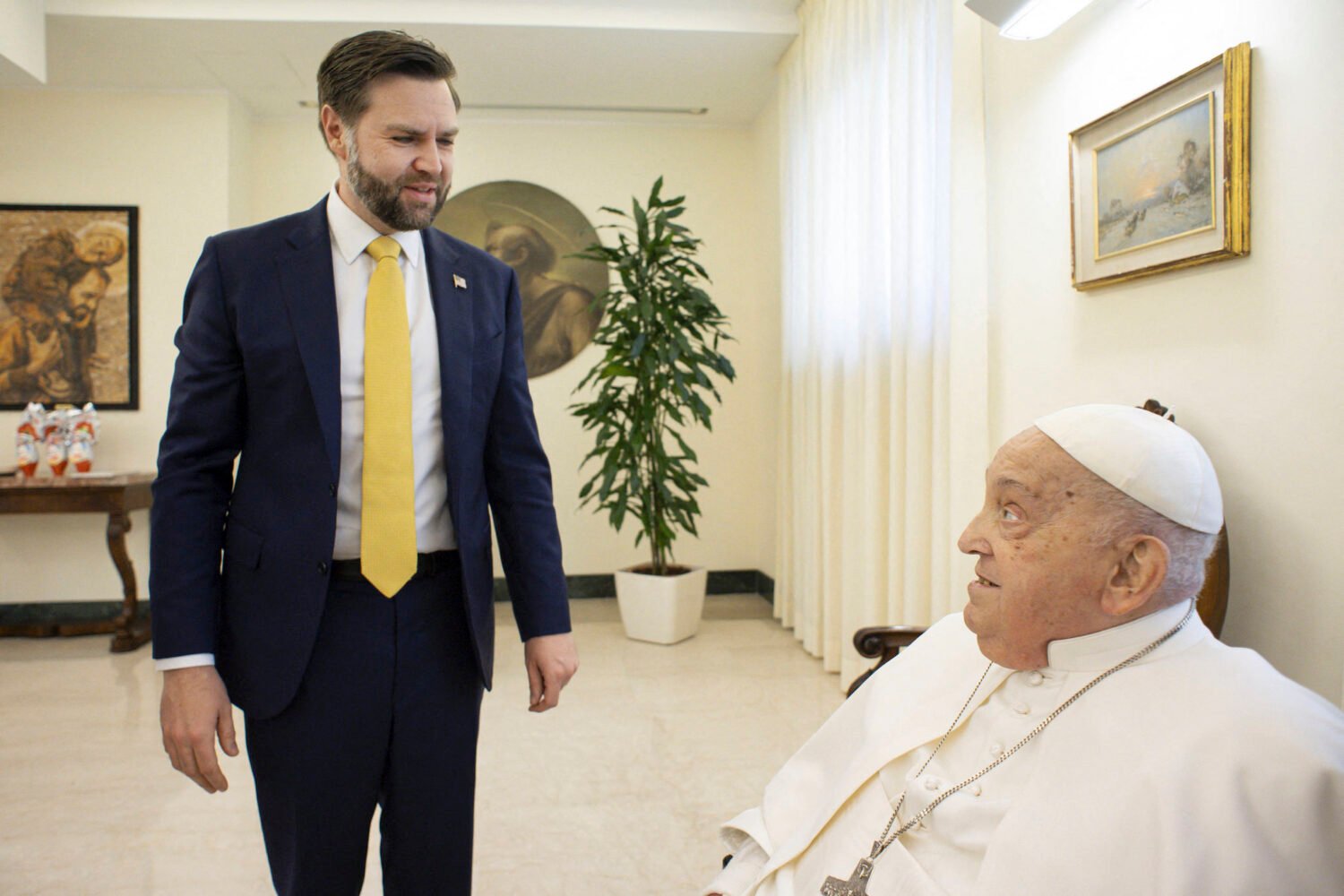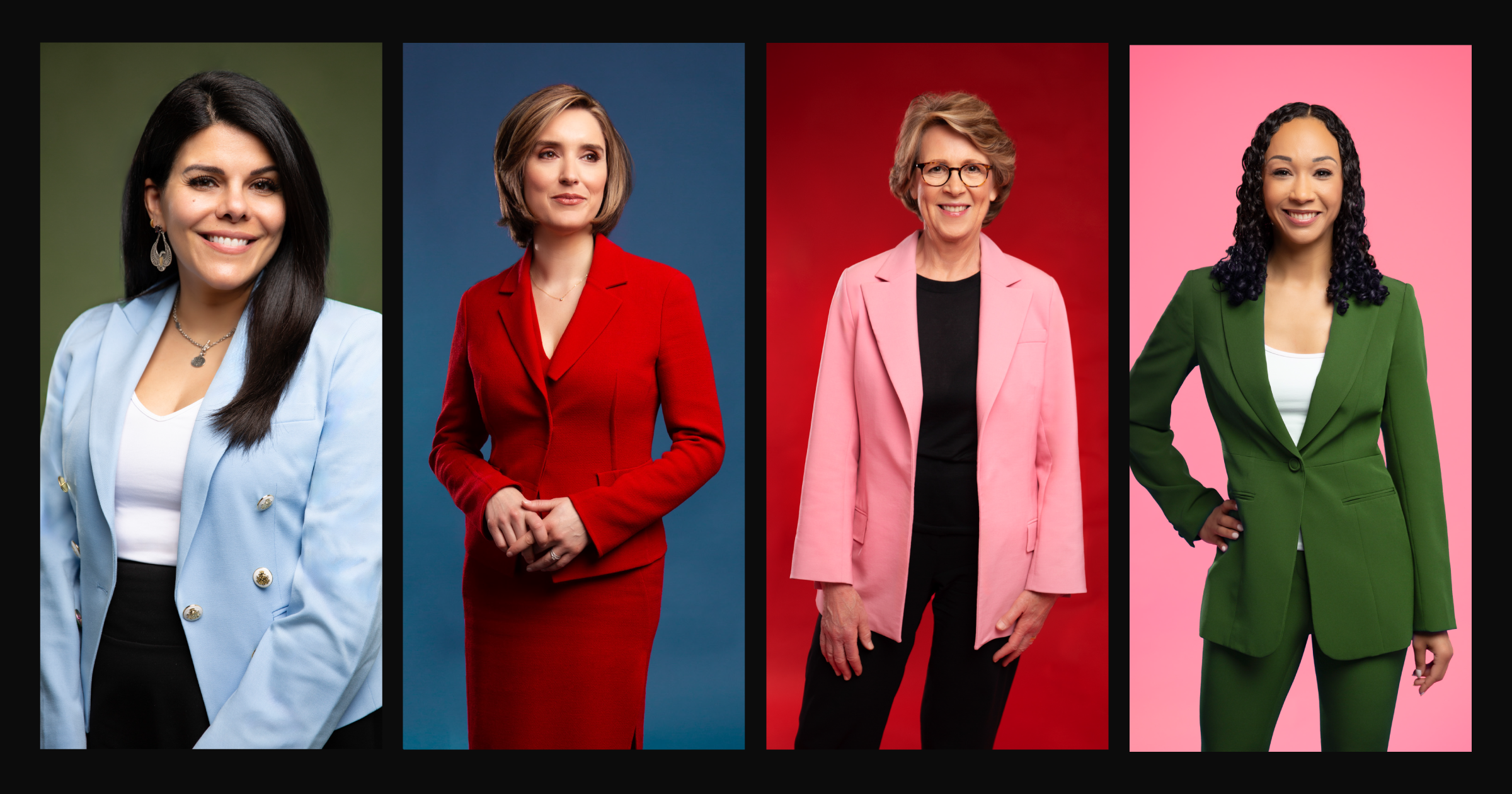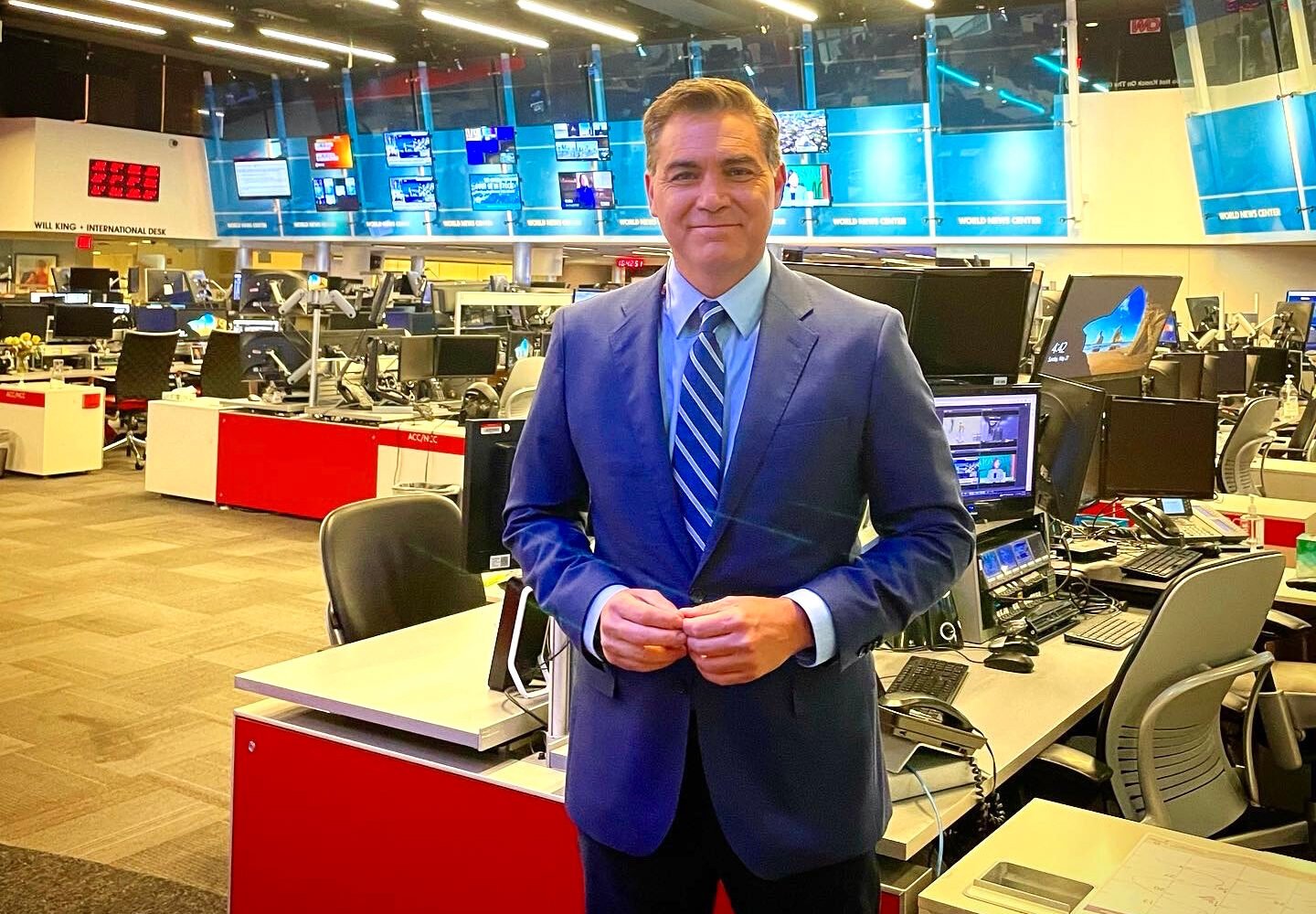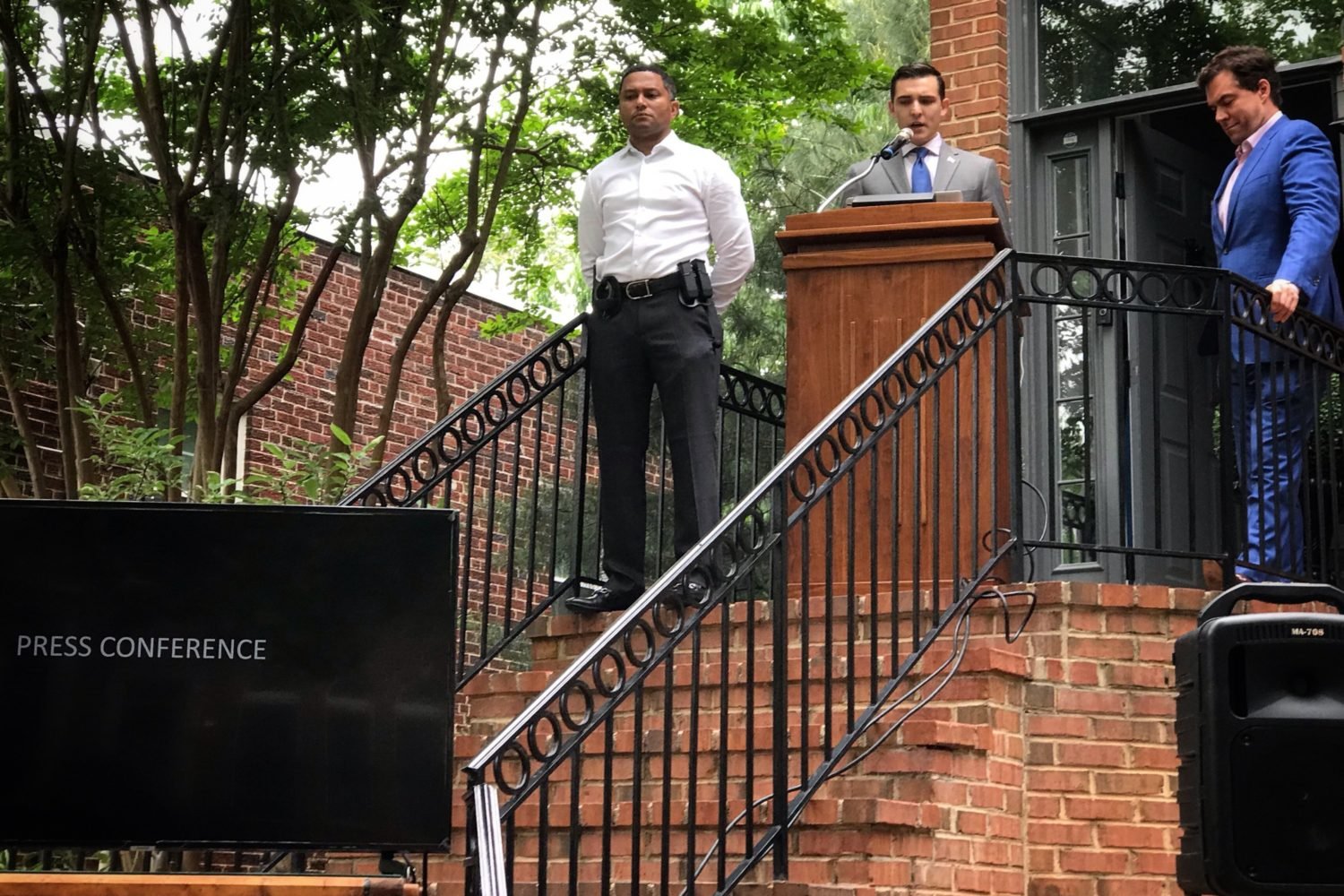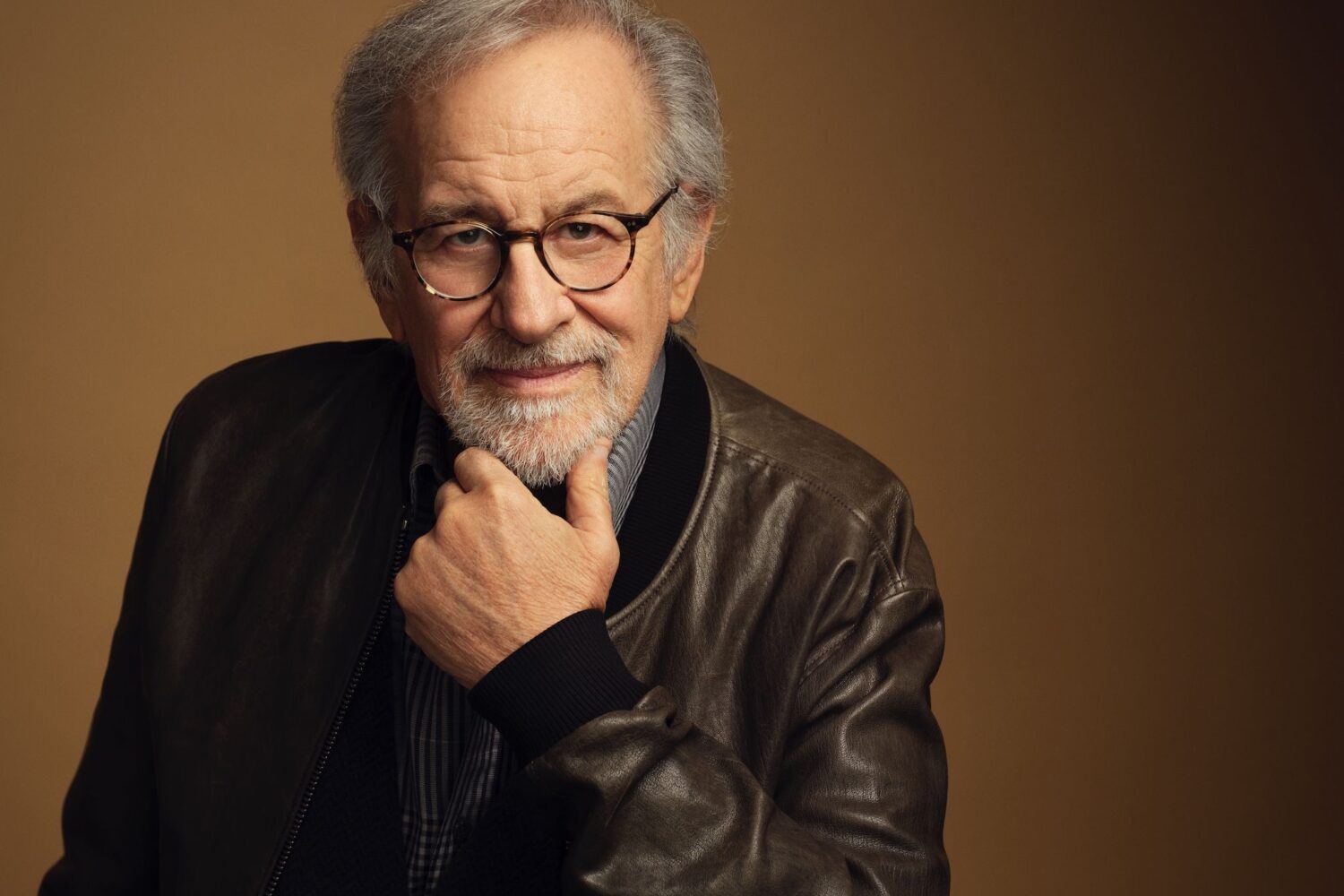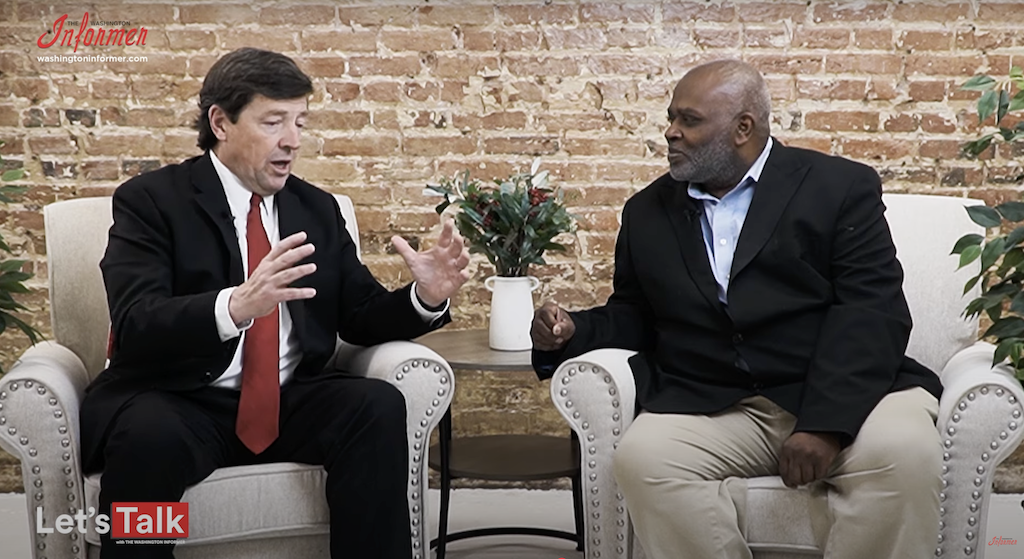Here are some of the ideas that seem to animate Rachel Bitecofer’s new website, the Cycle: What if we could expand political forecasting beyond polling averages? What if we could get back some of that time we spent compulsively checking FiveThirtyEight and the Upshot several times per day between September and November? What if people who weren’t named Nate had more of a say in how we construct political narratives?
Or, as Bitecofer, laid up with a kidney infection at her home in Newport News, put it in a phone interview late last week during which her two dogs, Hamilton and Ginsburg, wrestled and yelped nearby, what if politics coverage wasn’t “boring as fuck”?
Bitecofer is a former professor at Christopher Newport University whose profile rose after she accurately called the 2018 mid-term elections and became kind of a thing on Twitter. She parlayed that social-science fame into a senior adviser position with the Lincoln Project and a senior-fellow post at the Niskanen Center, a once-libertarian think tank that, like most everything else in Washington, is harder to categorize in the Trump years. Politico profiled Bitecofer at the beginning of 2020, beginning its article by asking, “What if everything you think you know about politics is wrong?”
Her decision to pivot to editing a website that she imagines as a for-profit enterprise but currently has no plan to make money off of—she welcomes your calls, business-model people—makes more sense after you talk with Bitecofer: she’s funny, profane, really smart, and your head will spin a little afterward.
“Polarization and hyperpartisanship has just changed so much,” Bitecofer says. “And that’s always been what my theory and my research has been arguing the whole time, is that our analysis has not necessarily moved along with it.”
Forget your nervousness about who will win the presidency next month: Bitecofer announced in July 2019 that, due in large part to a phenomenon called negative partisanship—briefly, the idea that people are especially motivated by the hatred and fear they feel toward an opposite party—the cake was already baked, and that a Democrat would win the presidency.
Her latest forecast, a structural model constructed with a new methodology and released 15 months later, likewise predicts a Joe Biden win, with a caveat that the pandemic has “introduced a tremendous amount of uncertainty” into what would otherwise be a cakewalk for the Democratic nominee: besides President Trump’s war on voting by mail, many college students won’t be voting from campus, and we still don’t know whether or how city-dwellers fleeing to the burbs might affect the election.
“Assuming we still have a democracy and I’m still, you know, living here as an American post-election,” Bitecofer says, “I’m assuming that my forecast has panned out pretty good.”
But what about those swing voters in Midwest diners we kept hearing about after Trump’s surprise win last time? Didn’t the polls say he’d lose big then, too? There was some error in state-level polling data four years ago, Bitecofer says, but the data were sending a “a pretty clear signal.”
“It was double and even triple the amount of undecided voters that we usually see,” she says. “The narrative should have been, hey, with 15 percent of the two-party vote undecided, we really have no idea how this could shake out.” The disconnect between the narrative built on polling data and election night results, she says, “could set us up to where the public’s willing to accept a pretty big discrepancy between the actual returns and the poll.”
Which brings us back to the narrative, and Rachel Bitecofer’s attempts to start influencing it with her new website. She wants “more access for people of color and women” and, whenever she gets around to figuring out a business model, to find a way to incentivize people to stick around. She wants it to be “edgier, but more modernized, more assessable, too.” She plans videos, podcasts, “zods”—her word for Zoom podcasts—and, starting Friday, live versions of her The Election Whisperer video series. “This will be, I guess, my version of HuffPost,” she says, adding that she’s not, however, married to a wealthy politician.
“As I build it, it will begin to offer content on polling, hopefully including original polling, election analysis including the forecasting work,” she writes in a follow-up email, “but also race analysis, other types of political analysis, and political commentary/content and it will do so over several mediums beyond writing.”
So it’ll be a beer-drinking, hell-raising kind of political site, I venture? “That’s what I’m saying, right?” she exclaims. “You know, like, there’s a reason Joe Rogan’s got like 17 million followers or some shit like that these because he’s not boring as fuck, you know what I mean?”

